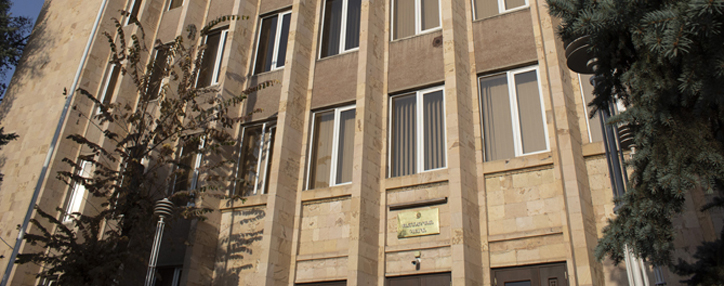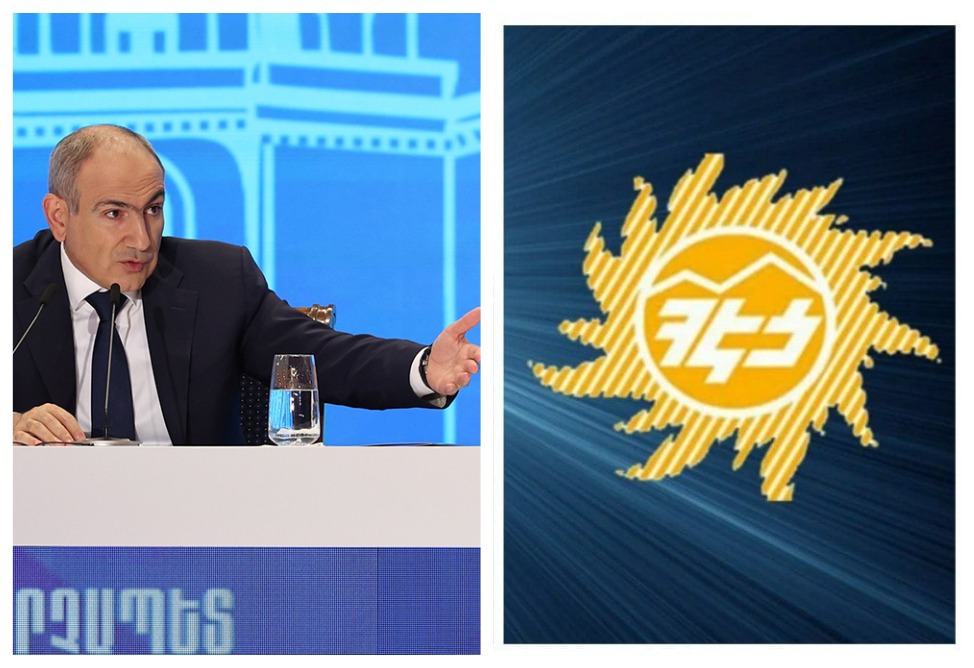Pashinyan sets up Constitutional Reforms Council

YEREVAN, Dec. 20. /ARKA/. Armenian Prime Minister Nikol Pashinyan signed a decree on December 17 to abolish a constitutional reforms commission (set up in February 2020) and replace it with the Constitutional Reforms Council, according to a decree, posted on the website of the Armenian government.
The Council will be chaired by Justice Minister and comprise Armenia's representative to the European Court of Human Rights, the Chairman of the National Assembly's Committee on State and Legal Affairs, the Human Rights Defender, an MP from each faction of the National Assembly, one representative of the Supreme Judicial Council, as well as three representatives of parties (bloc) that did not win seats in parliament in the latest elections as well as three representatives of NGOs.
Also, at the proposal of the Minister of Justice, two representatives (with a consultative vote) of international organizations, which have worked in Armenia continuously for 5 years, may be included in the Council.
The Council will elect a five-member professional commission on constitutional reforms. The Commission will be composed of lawyers with PhD in Law or Master Degree in Law of foreign countries, with at least 7-year experience. The Council is to be formed within one month.
In spring 2021, Armenian Prime Minister Nikol Pashinyan announced a large-scale constitutional reform during a rally of his supporters. According to him, even a return to the semi-presidential republic that was in place in Armenia before he came to power (in the spring of 2018) is possible.
As a result of a referendum initiated by Armenia's third president, Serzh Sargsyan, held in December 2015, a new constitution was adopted in Armenia, under which the country switched from the semi-presidential to a parliamentary form of government with reduced powers for the head of state.
According to the new constitution, the Armenian president is elected for a seven-year term by the parliament. The same individual may be elected president only once. Thus, the real power has shifted to the parliamentary majority and the government it forms. --0--



